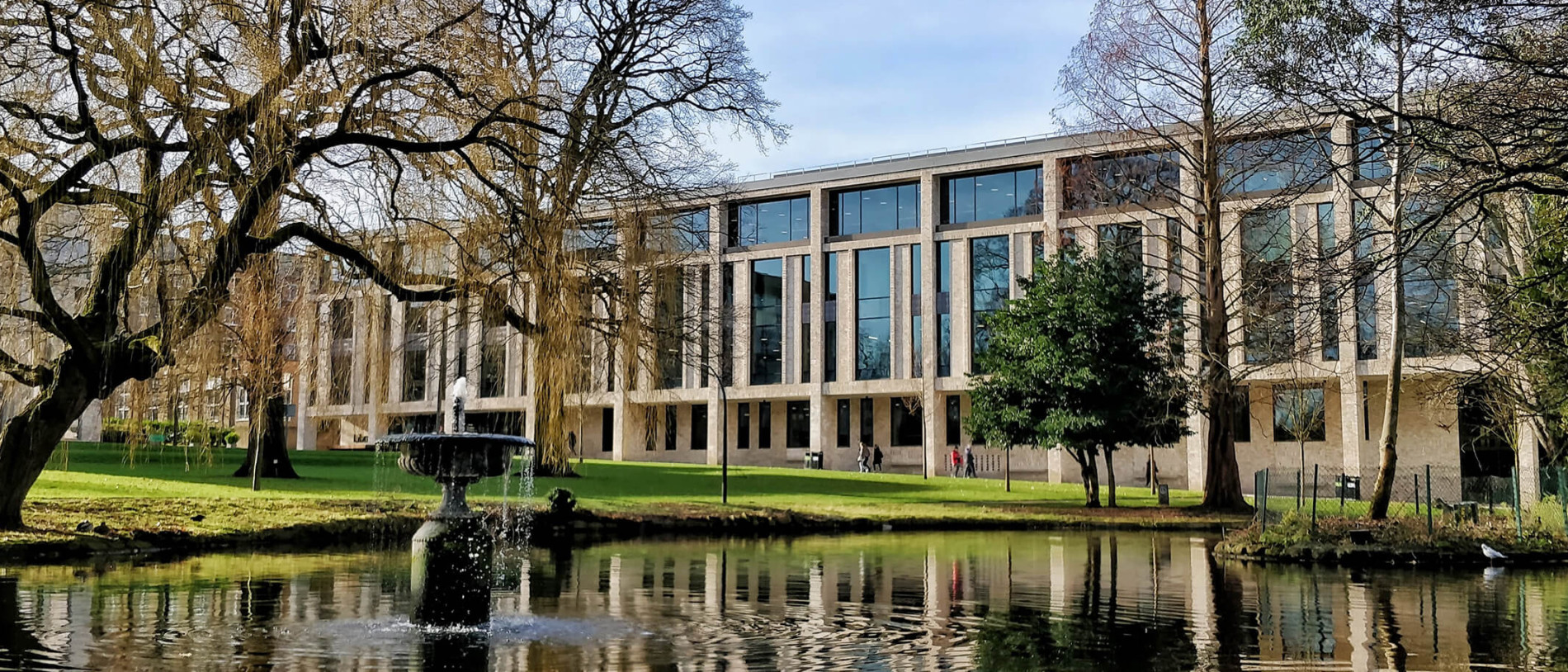

University of Roehampton (London)
Human Rights and Legal Practice
Study detals
: Master's degree : LLM (Hons) Human Rights and Legal Practice : Full time : 12 MonthRequirements
Entry requirements
Roehampton English Language Test
- Postgraduate degrees - mapped to IELTs scores
TOEFL IBT
- Postgraduate degrees - 89 overall with a minimum of 17 in listening and writing, 18 in reading and 20 in speaking
IELTS Academic
· Postgraduate degrees – 6.5 overall with a minimum 5.5 in each component
Cambridge Advanced Certificate
- Postgraduate degrees - 176 overall with a minimum 162 in each component (some schools require a minimum of 169 in each)
Cambridge Proficiency Certificate
- Postgraduate degrees - 176 overall with a minimum 162 in each component (some schools require a minimum of 169 in each)
All applicants that require a Tier 4 visa must also meet the minimum English Language requirements before we can issue a Certificate of Acceptance for Study (CAS) that is needed to apply for a Tier 4 visa.
Academic requirements
Along with a complete application, EU and international applicants are required to submit various supporting documents. These include:
- Academic qualifications (certificate and transcript)
- Valid English language qualification
- Personal statement
- Two references
Speciality
There aren’t any pathways available
Additional information
Degree Overview
Face the legal issues in international human rights today in our LLM Human Rights and Legal Practice course. Our LLM is designed and taught by experienced legal professionals and human rights activists. You will gain a thorough understanding of the theories, issues and concepts underpinning international human rights and, crucially, how they are put into practice. By combining theory with practice, this course will give you both the skills and the knowledge you need for a career in the field of human rights practice, campaigning and advocacy. Suitable for legal practitioners, aspiring legal professionals and human rights activists, this course will enable you to develop your skillsets in research and analysis, strategic litigation, project management, and advocacy and campaigning skills within the field of human rights. Problem-based and interactive learning methodologies will enable you to master key concepts and instil the ability to learn from experience, absorb and integrate new information, and act strategically. This LLM programme will examine the rhetoric and reality of human rights using an issues-based approach. Taking an interdisciplinary and holistic approach, you will acquire a high level of specialist knowledge, informed by current thinking and debate. There is also a wide range of optional modules to choose from, with focuses on economic, social and cultural rights; minority rights; business and human rights; policy and management; international human rights; criminal law; and international development. Finally, you will write up a thesis on a topic that you choose, but the focus will be on a practical and applied human rights experience reflecting on real life experience and applied legal skills. With the human rights sector becoming increasingly competitive, employers are now asking for some experience as a prerequisite. London is one of the world centres for this sort of career, with most international non-governmental organisations (NGOs) having their headquarters here.
Study Reasons
- This specialised course will prepare you for many career opportunities within human rights law. You could work in human rights organisations, including international organisations such as the United Nations, the International Labour Organisation, the International Criminal Court, or for an NGO specialised in human rights and social justice. Many of these organisations are headquartered in London.
- You can study flexibly with the option to take stand-alone qualification (PGCert / PGDip) or complete the full MA
- This course will provide you with a strong academic grounding as well as the practical and vocational legal skills required for legal practice in the human rights field. You will also have the opportunity to undertake a work placement during your degree to develop your skills. After this course, you could work for a law firm, international organisation, government department, think-tank, non-governmental organisation, or a research and development organisation.